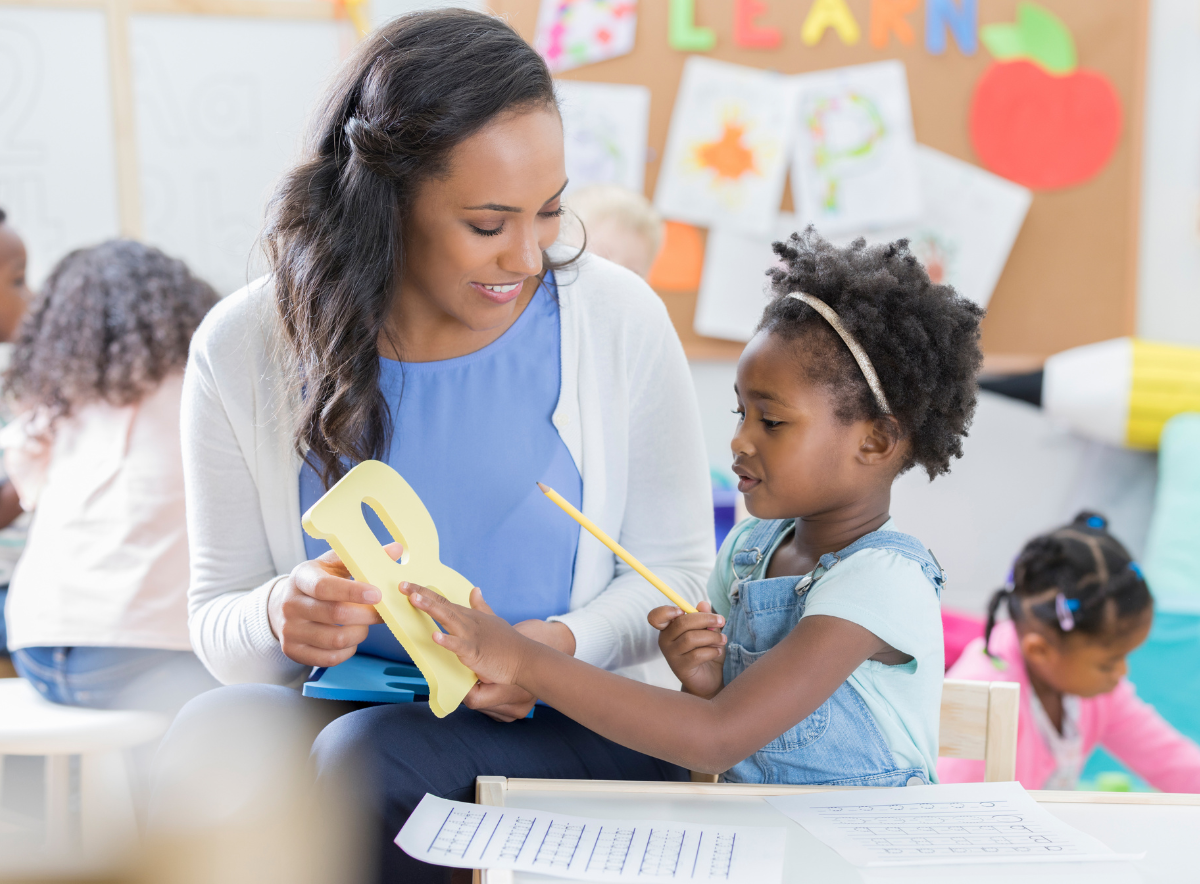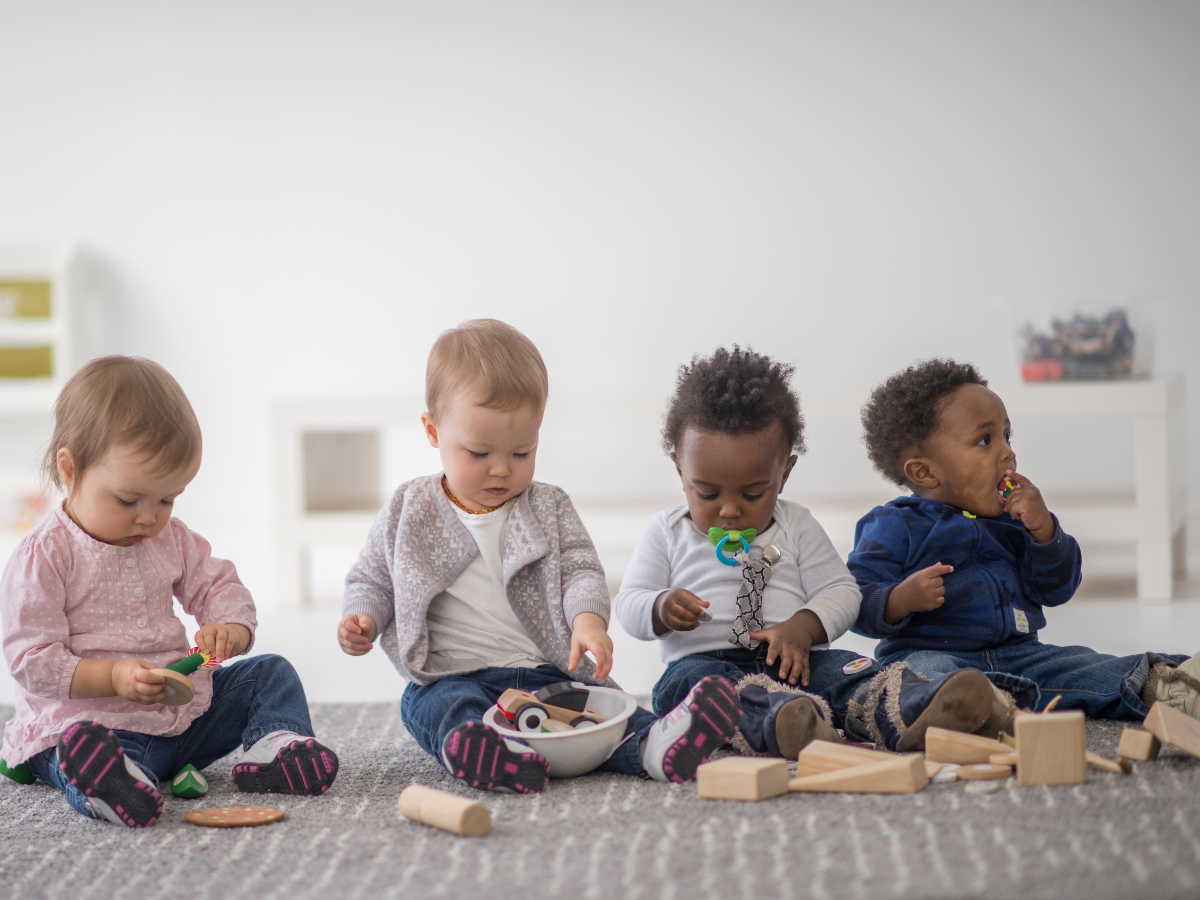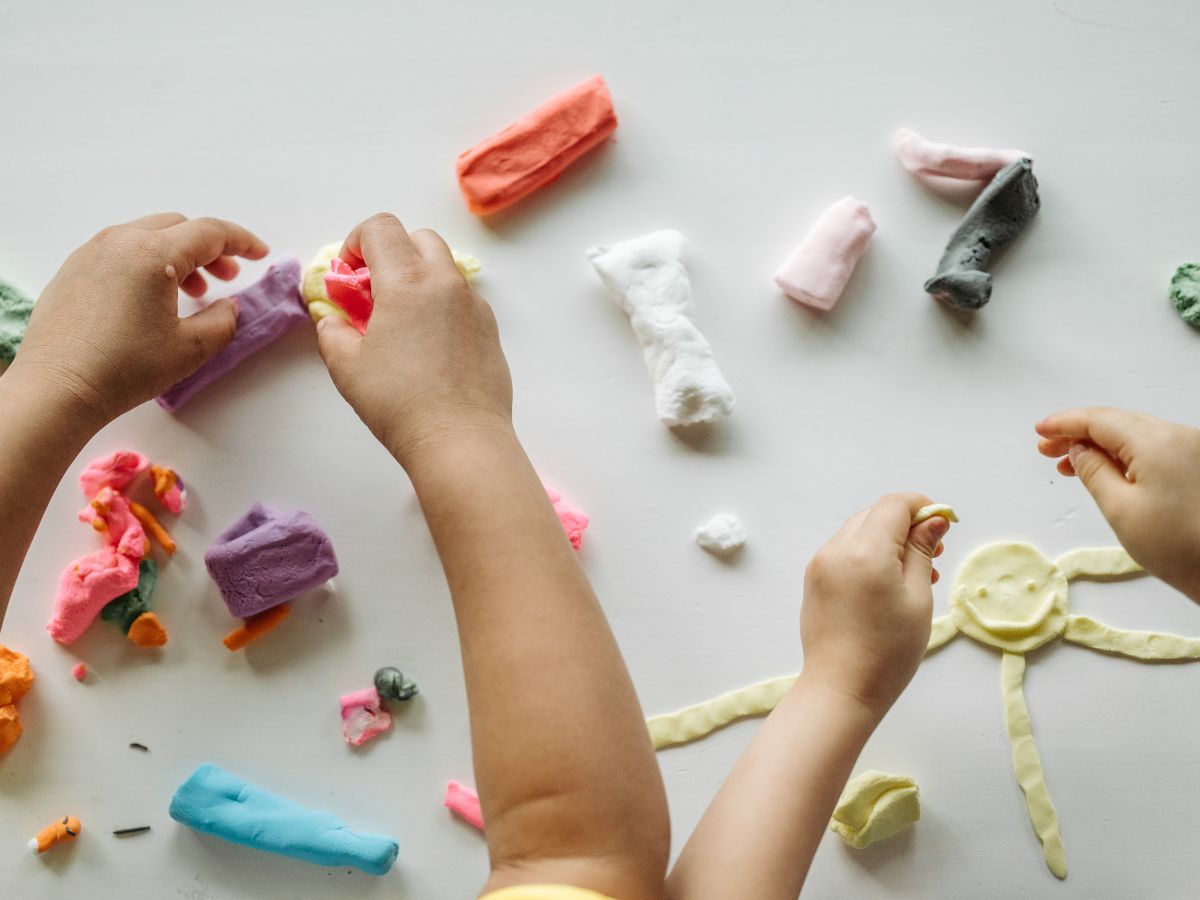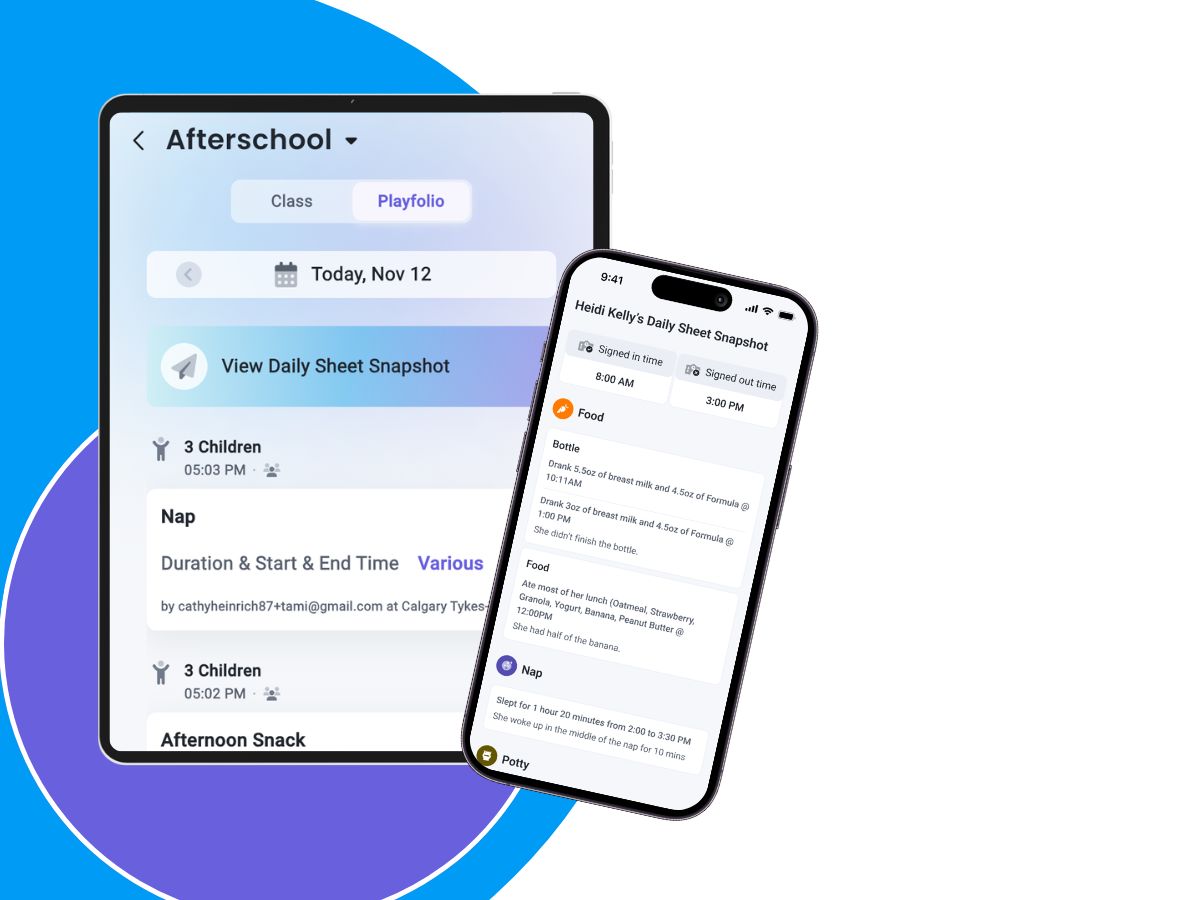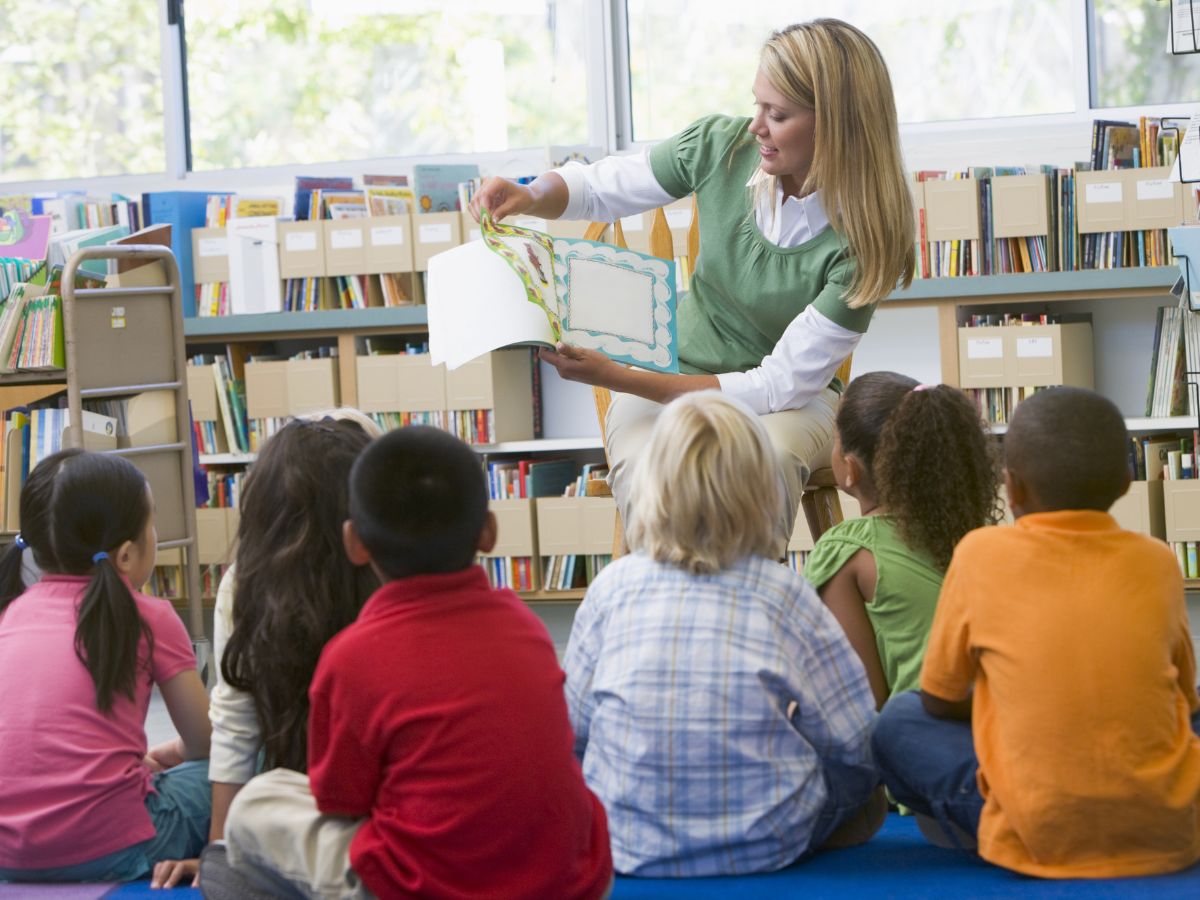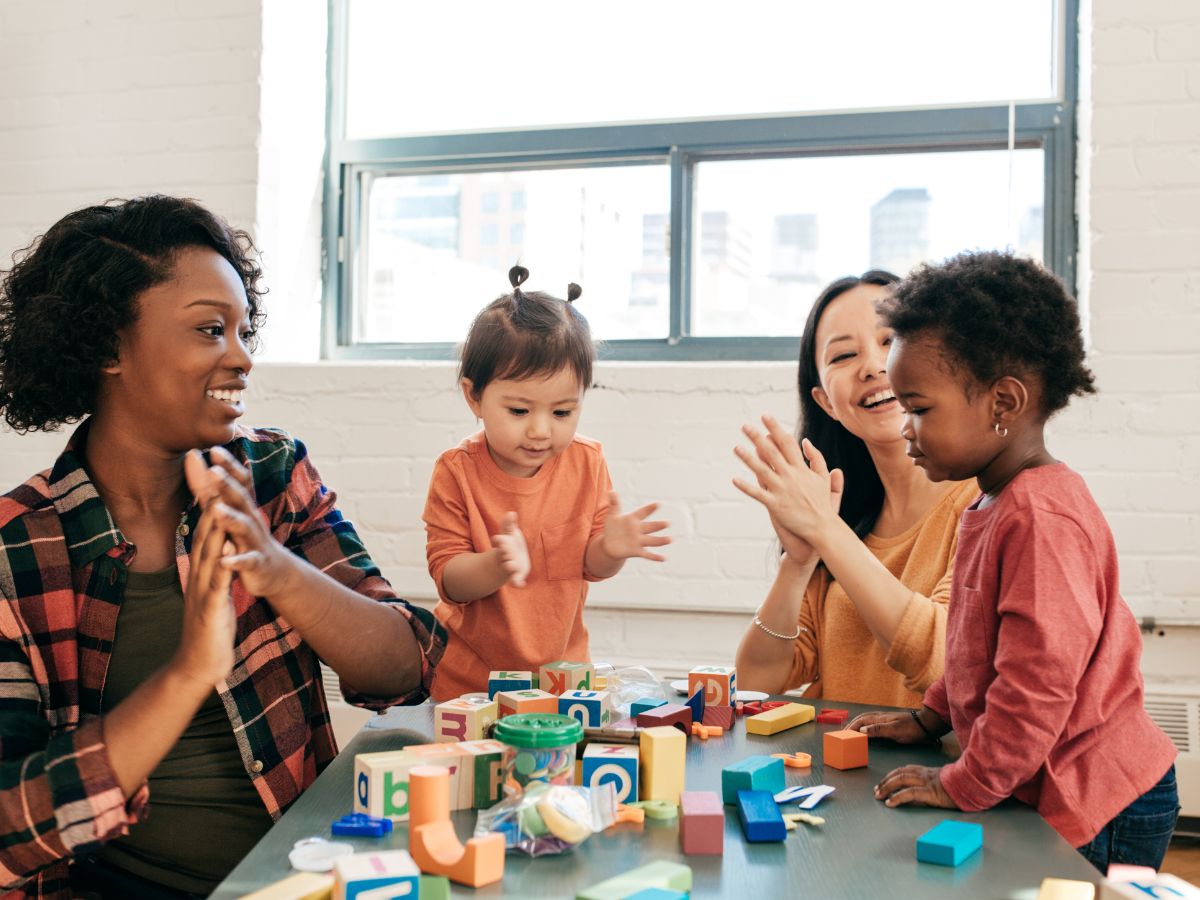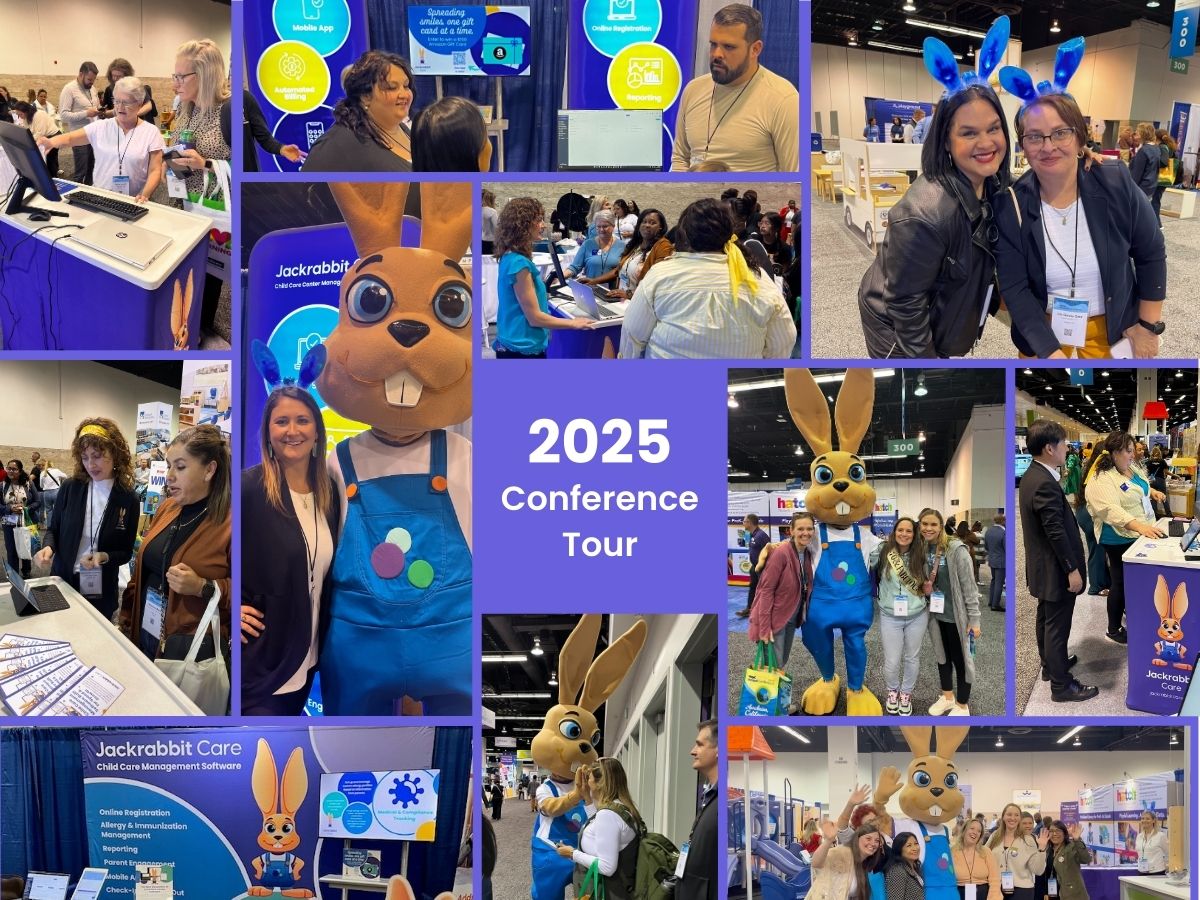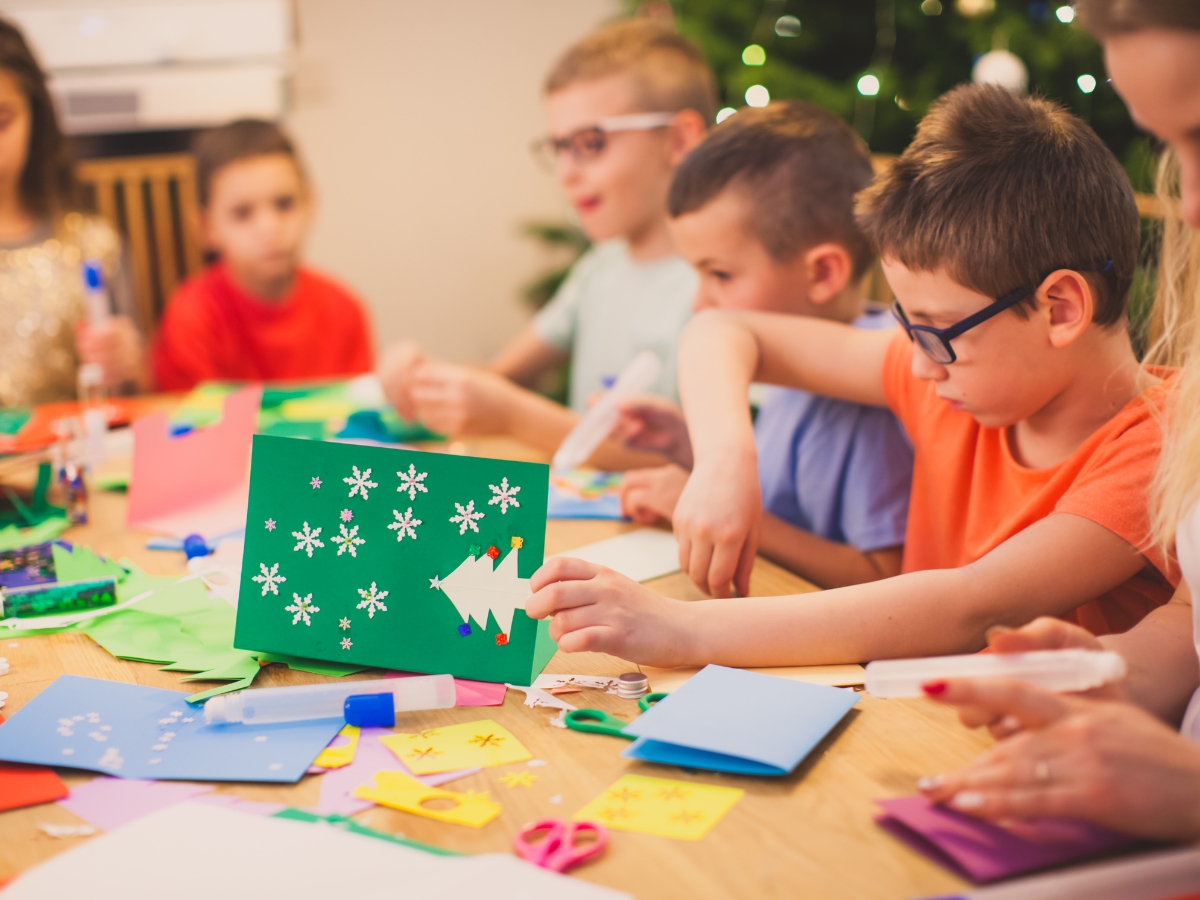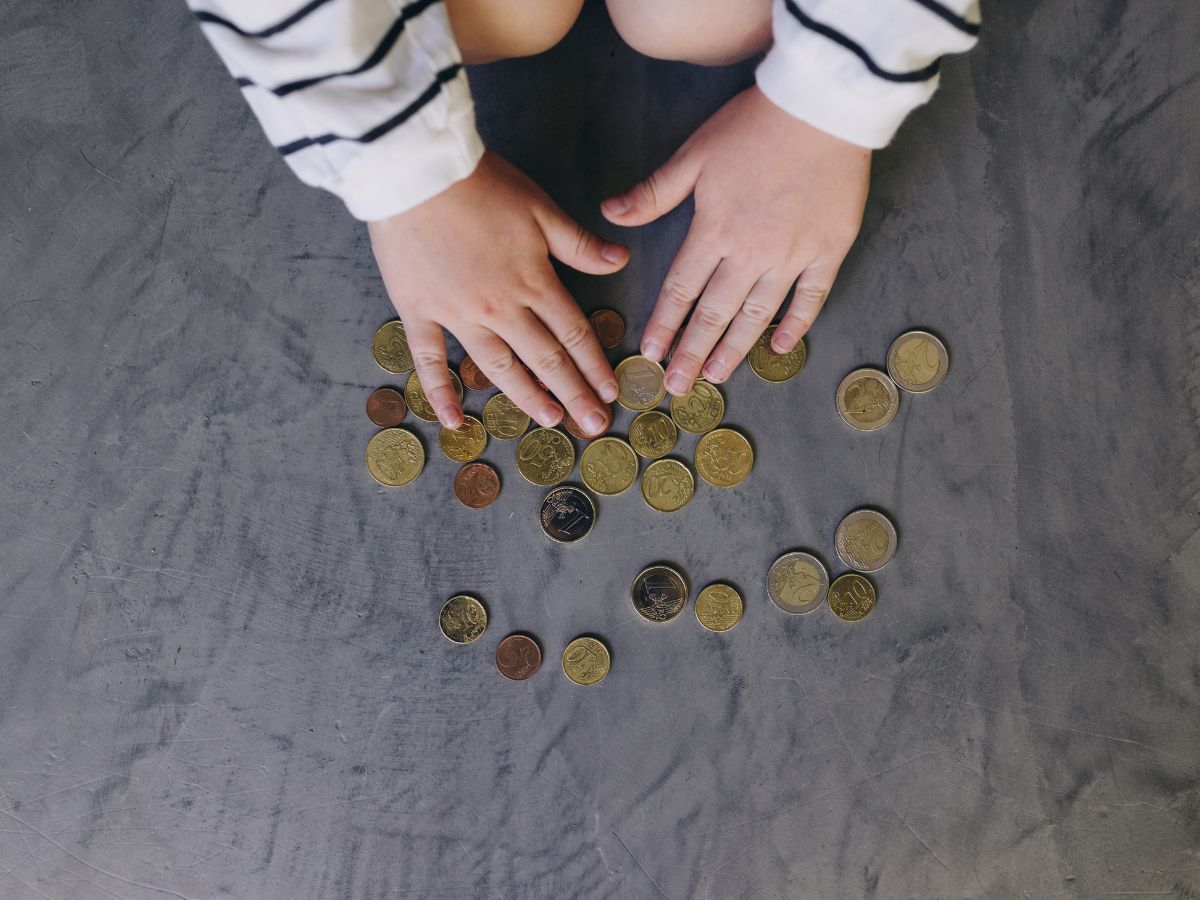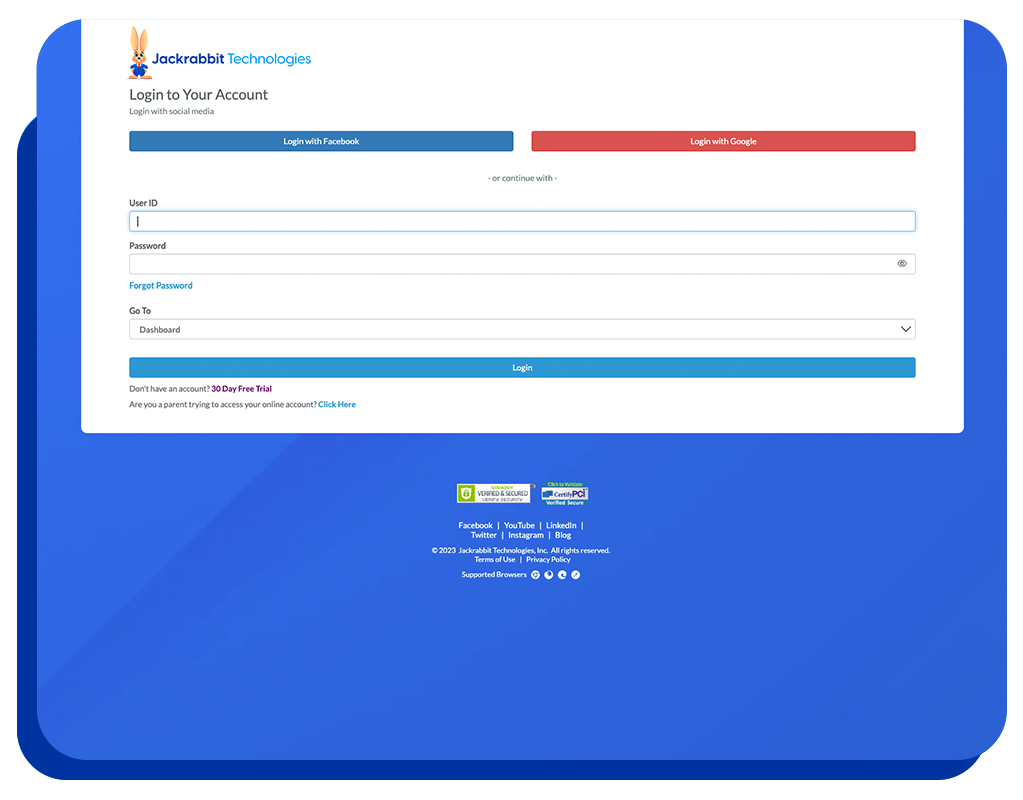Young children spend a large number of hours in an environment that is new to them — child care. Some children who begin attending child care in infancy may spend as much as 12,000 hours in this setting. This massive number of hours in one environment demands that the space be the “best” it can be for their learning and development experience.
You could also consider that this is quality time because children are in the care center when they are rested and alert and their minds are open to learning. Early childhood educators have opportunity to excite children’s minds and whet their appetites for expanding their knowledge and helping them to learn about different subjects with local and global impact and reach. Early childhood educators are there when children’s curiosities inspire questions that they want immediate answers for and when children are experiencing sharing, disappointment, pride, accomplishment, correction, joy and sadness. And sometimes children need help understanding this.
The Critical 8 Years
Early childhood educators and neurologists agree that the infancy to 8 years old are critical years for brain development. Infants come into the world with a brain waiting to be woven into the complex fabric of the mind. Some neurons in the brain are wired before birth, but many are waiting to be programmed by early experiences. The early environment and those who are there to influence it will help determine the direction of their brain development. Children who have severely limited opportunities for appropriate experiences will be delayed; this may permanently affect their learning. But, children who have the opportunity to develop in an organized and appropriate environment are challenged to think and use materials in new ways.
The Nurturer
The caring early childhood educator can help their care center become a wonderful place for nurturing their development. Children who live in this classroom need opportunities for expanding their knowledge by actively participating in a world that is appropriate for their level of development including spaces for active play as well as spaces for privacy and opportunities to work privately and to collaborate.
The Influencer
Needless to say, early childhood educators have immense power over what children learn and think. There is no way to tell where their influence ends because there is no way to track every subtle element, feeling or attitude a child picks up from an educator. And with this power comes tremendous responsibility for how children view themselves, others and the world around them.
The Equalizer
Early childhood educators’ responsibility encompasses a commitment to creating equal opportunity for all children to grow and learn. Without this understanding, they will be ill-equipped to become engaged members of their communities.
Early childhood educators welcome children of all abilities and life experiences and take the first step in making sure that high-quality early learning settings are available to all children. Helping children to feel that they are welcome and a valued member of their center’s family and this will positively influence their growing sense of self-worth.
Influence of the Environment
From the very first time they enter their child care center, children are trying to figure out what’s happening around them and try to organize this environment into meaningful systems. Children want to determine how the space works and what activities can happen in this place.
Research indicates that there are important “windows of opportunity” existing during their early years. These are considered the “prime” times for these areas of the brain to be developed. Experts have identified several areas that are particularly critical during the early years these include: language, logical thinking, music, vision, and emotion. Appropriate and interesting experiences, during the early years, in these specific areas can have a positive impact on the child’s current development as well brain connections that will last a lifetime.
Learning Categories
Visual, auditory, integrated and emotional learning must take place for each child to develop in a well-rounded way. Couple with this amount of independence each child possesses in approaching and engaging the learning process.
Young children respond differently, based on the design of the environment in which they live. An effectively designed classroom has the potential for positively influencing all areas of children’s development: physical, social /emotional, and cognitive. Early childhood educators use the environment to nurture language and learning. In this environment children develop behaviors that are valued in our society, such as cooperation and persistence. Even things like appreciation for beauty can be influenced by the space and teachers around young children. Most importantly, the environment should provide a home like setting that “feels” like a good place to be.
We have some concept of how this works because we remember some details of early learning experiences. Sounds, smells, colors and textures are some of the first things we experience. We associate people with these experiences – and many times these people are educators.
It Sticks
Sometimes teachers have no idea when or how their influence is accepted and they also don’t know exactly what effects “stick.” But sometimes, in the smallest of ways, and totally unplanned, it did.
Critical to Success
It has been stated that possibly the most critical element to success within school is a student developing a close and nurturing relationship with at least one caring adult and that is often the early childhood educator.
Here are some excerpts on good teachers:
- A good teacher, first and foremost, sees each student as an individual with hopes, dreams, strengths, and vulnerabilities.
- A good teacher works to create a classroom atmosphere in which every student sees every other student in this light – an atmosphere in which respect for each other is the guiding principle, an atmosphere in which every student feels safe in successes and in making mistakes that turn into opportunities to learn rather than an opportunity to feel like a failure.
- A good teacher knows the students on many levels. The teacher learns all about their academic strengths and needs, but even more about their interests, fears, hopes and worries.
- A good teacher remembers that each student is somebody’s precious child. It is known that every parent has high hopes, valid concerns and great expectations for that child. The teacher works to help the parents understand the goals and to develop their confidence.
- A good teacher tries to see things through the students’ eyes as well, working hard to be fair, empathetic and encouraging. The teacher strives to maintain high expectations for each and every child – to challenge them to reach for their best and aim for the stars.
- A good teacher makes learning exciting, helping each student find areas of interest to explore and master. The good teacher helps students to see new things as stimulating challenges rather than dreaded obstacles.
- A good teacher becomes attached to the students, knowing it will be hard to say good-bye at the end of the school year, hoping those students will come back to visit, realizing that even if they never see each other again, they will carry memories of that teacher in their futures and with their successes.
- A good teacher is prepared. Good quality teacher preparation is important to student academic achievement.
- A good teacher is confident in their ability to help students to learn. It is important that teachers believe in themselves and in their abilities as a role model and educator, because it plays an important role on their student’s self-perception and performance.
It’s the Little Things That Matter
Teachers need to take time for themselves, take time to celebrate all the small accomplishments in life, as well as focusing on the child being taught. Teachers should never minimize the role they play in influencing students’ lives. Hopefully, that role will be positive, possessing the qualities of a “charismatic adult” who not only touches students’ minds, but also their spirits — the way they see and feel about themselves for the rest of their lives. Such influence is truly a rare privilege that should be prized and nurtured.

